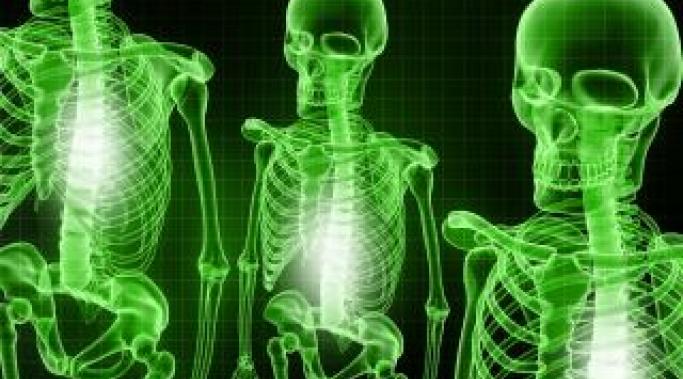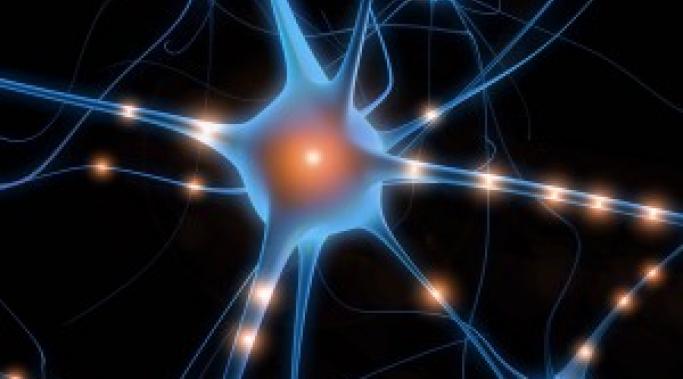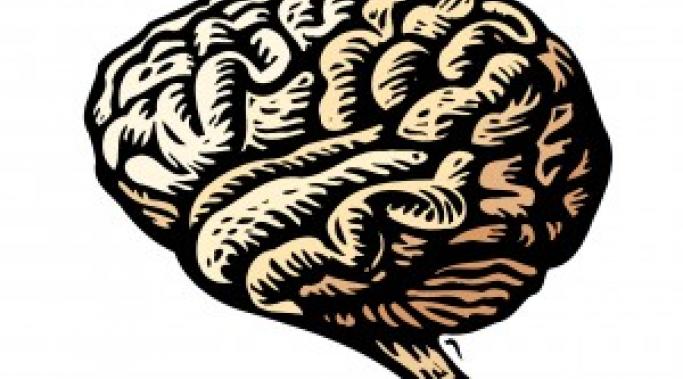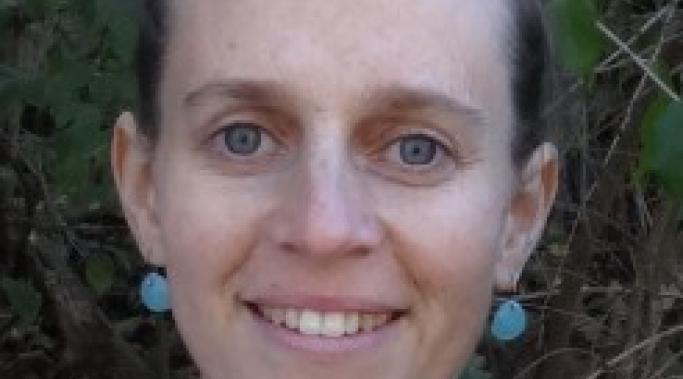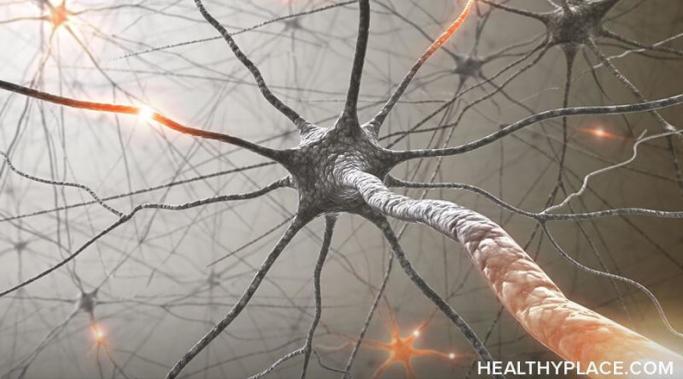After trauma, there's a need for life to feel safe and in control. Sometimes, we put in place really good and healthy habits that help the transition from trauma to life afterward. Other times, it's easy to slip into habits, cycles and patterns that are very destructive. For example, co-dependence. When you put this type of behavior together with posttraumatic stress disorder (PTSD) you can increase the time it takes to heal tenfold.
PTSD Treatments
Back when I was struggling with symptoms of posttraumatic stress disorder (PTSD) I was also struggling with mercury poisoning, chronic fatigue, fibromyalgia, Celiac Disease and suspected liver cancer. Sounds crazy, right?
How your body expresses the level of psychological stress in your mind is a very real and very treatable situation.
A few weeks ago I wrote about how to stop PTSD anxiety, flashbacks and panic from the perspective of putting mindfulness and intention into action. My colleague, Megan Ross (Trauma Therapy Coordinator at Timberline Knolls) and I had a whole conversation about this and I wanted to share her insights with you.
But there was a cliffhanger: Once you understand PTSD symptoms and how mindfulness can help change your physiological experience, the question arises, "What do I do now?" Specifically, what can you do to interrupt or stop flashbacks?
Megan Ross and I talked about this too. See what you think about the tips that we covered.
When Dr. Dan Siegel talks about posttraumatic stress disorder (PTSD) and integration in trauma recovery, he explains PTSD symptoms as pulling survivors between the two extremes of a riverbank: On one side is rigidity and on the other side, chaos.
Unwanted trauma memories are soooo hard to get rid of, aren’t they? You try to ignore them, suppress them, pretend they don’t exist or didn’t really happen. But they persist with more determination than ants discovering an untended picnic spread. This means that a trauma memory can hang in an activated loop that makes it feel like threat continues and the experience is present. And then what happens? Whew, PTSD and fatigue, for one thing!
Memory is important when it comes to PTSD and integration, so I decided to ask a pro about all of this – and what can be done about it. Dr. Michael Smith, of Life Extension Magazine, outlined for me fascinating information about the brain, the processing of memories, and how one simple supplement can help improve brain function in areas hugely important for trauma recovery.
In the first two posts in this series (see 1, 2), I have established that:
With posttraumatic stress disorder (PTSD), psychotherapy’s goal is to reduce or remove symptoms needed to qualify one for the diagnosis. This is what “healing” means in this series.
The core of this healing work is permanently reducing or eliminating the noxious feelings associated with memories of trauma. Without "triggered" intrusive memories, the other symptoms of PTSD do not appear.
Both psychology and religion can make naturalistic proposals about PTSD; it is appropriate and necessary to evaluate such proposals by empirical research, which is how science creates reliable knowledge.
Forgiveness has been proposed by both psychologists and religious figures as a potentially important intervention in psychotherapy, and in the therapy of PTSD in particular. It's reasonable to take this proposal seriously.
“Unforgiveness” – the mental state for which forgiveness is proposed as the remedy, has two fundamental feelings associated with it: fear and anger.
Fear is primary, and anger is an adaptive response to fear. Remove fear and anger goes with it.
Let's now look at forgiveness as a deliberate intervention to promote physical health and recovery from psychological trauma.
In the first part of this post, we established three fundamental things:
You are healed from PTSD if you no longer meet the criteria for the diagnosis.
Psychology, as a science, proposes hypotheses which can be tested in the natural world.
Religion also proposes hypotheses, but fundamentally about the supernatural world, where hypotheses cannot be tested.
Let’s add one more fundamental idea: religious traditions can, and do, propose many things about the natural world. Some of their most notable propositions are ethical in nature, and in this context one finds the idea that forgiveness is a good thing.
Forgiveness as a value has a long and honored tradition in the Abrahamic religions (Judaism, Islam, and Christianity). If we consider that religion, like all traditional culture, functions in part as a kind of “memory” for a people – identifying and preserving important ideas, understandings, and directives, then a reasonable case can be made that we should seriously consider the idea of forgiveness.
How trauma affects your brain is a HOT topic in the posttraumatic stress disorder (PTSD) world. Especially recently as neuroplasticity (the ability of your brain to change) becomes even more recognized and accepted as a law of brain function. Now, practitioners around the globe are understanding that while trauma can change your brain, other experiences can change it again.
In fact, one of the most exciting implications of neuroscience in the past decade is that your brain is always changing in response to experience. Healing, then, becomes more imminently possible than ever. Why? Because you can create experiences that help your brain change daily.
There are a lot of things to do in the mix of healing the symptoms of posttraumatic stress disorder (PTSD). Some treatments for PTSD require lots of time, money, support and attention. Those are the "big" moments of recovery that we research, save or borrow for, and place a whole lot of hope in the results we expect.
Balancing out all of the necessary big gestures in healing, however, are the small, free, solo actions we take when we're all alone. One of those options is a little thing called a meditation practice which you hear talked about all the time, but probably just as often don't commit to doing faithfully every day.
Your body and brain's response to trauma creates your symptoms of posttraumatic stress disorder, so can your brain's activity help to heal PTSD?

